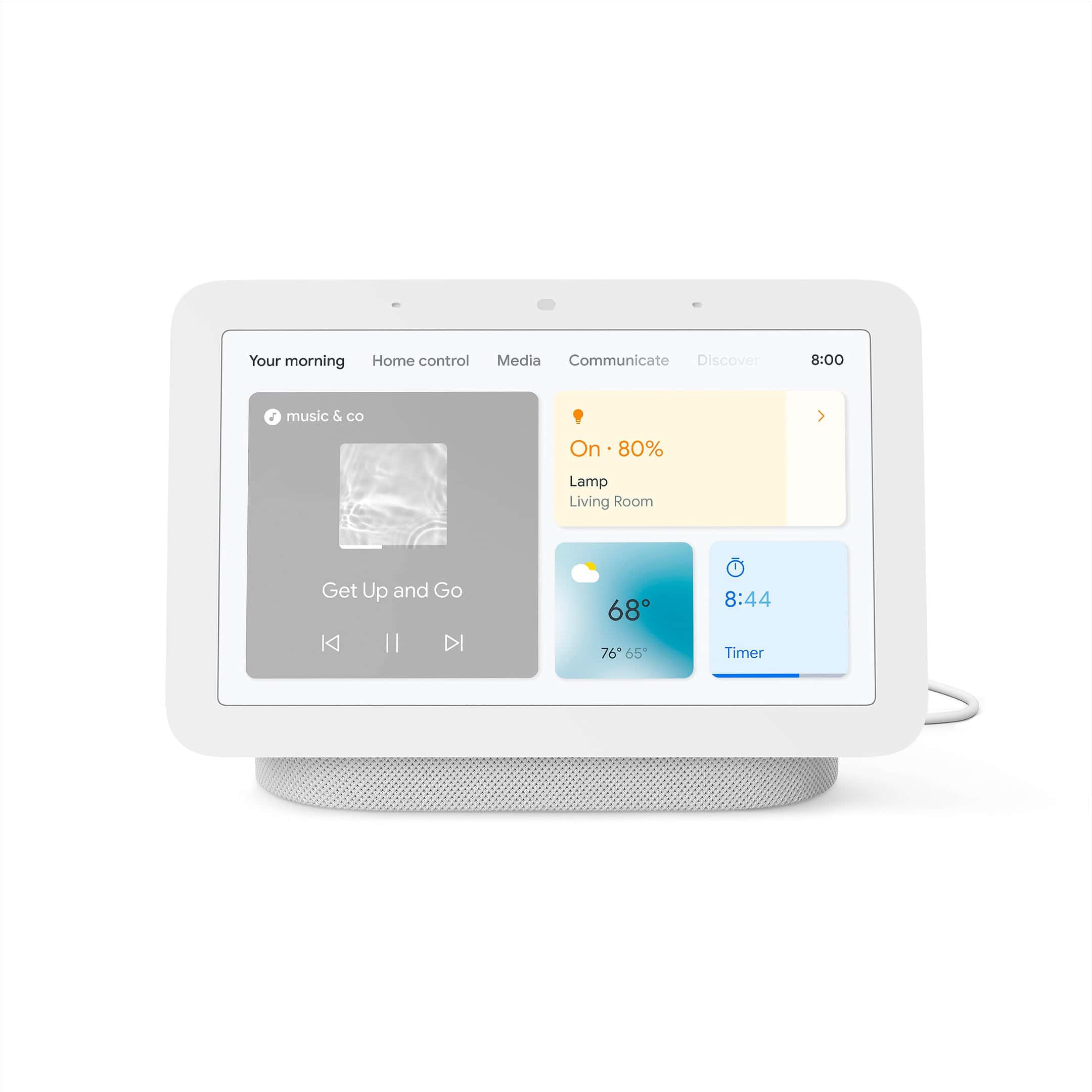Google’s smart home lineup may not see a new Nest Hub 3 in 2025. The tech giant has focused on software development in recent years, particularly with projects like Google Gemini and Bard. This shift suggests a potential pause in hardware releases for the Nest Hub series.
Smart home enthusiasts eagerly await updates to Google’s popular smart displays. While rumors hint at possible upgrades to the Nest Hub Max and Nest Audio, concrete information about a Nest Hub 3 remains scarce. Google’s current strategy appears to prioritize AI and software enhancements over new hardware launches.
The lack of new Nest Hub devices reflects broader trends in the smart home market. Companies are increasingly investing in improving existing products through software updates rather than frequent hardware refreshes. This approach allows for more sustainable product lifecycles and focuses on enhancing user experiences with existing devices.
The Uncertain Future of the Google Nest Hub
While many tech enthusiasts anticipated a new Google Nest Hub in 2024, it seems increasingly likely that a Nest Hub 3 will not materialize this year. This news might be disappointing for those hoping for an updated smart display from Google. Let’s explore the factors contributing to this delay and what it might mean for the future of the Nest Hub line.
Reasons for the Delay
- Shift in Priorities: Google’s recent focus has been on its AI endeavors, particularly Google Gemini and Bard. These projects likely consume significant resources and attention, potentially delaying hardware releases like a new Nest Hub.
- Market Saturation: The smart display market might be approaching saturation. With existing models like the Nest Hub and Nest Hub Max still performing well, Google may not feel the urgency to release a new iteration.
- Supply Chain Issues: Global supply chain disruptions continue to impact the tech industry. These challenges might contribute to Google’s decision to postpone the launch of a new Nest Hub.
What This Means for Consumers
The absence of a Nest Hub 3 in 2024 suggests that consumers looking to upgrade their smart home experience might need to wait a bit longer. However, this delay could also indicate that Google is taking its time to develop a truly innovative and compelling new Nest Hub with features that significantly enhance the user experience.
Potential Features of a Future Nest Hub
While there’s no official information about a Nest Hub 3, we can speculate about potential features based on industry trends and user expectations:
- Improved AI Integration: Deeper integration with Google Assistant and potentially Bard could enable more natural and intuitive interactions with the device.
- Enhanced Audio and Video: Upgrades to speakers and display quality could provide a more immersive multimedia experience.
- Advanced Smart Home Control: A new Nest Hub might offer more comprehensive and seamless control over smart home devices.
- Innovative Design: Google could introduce a new form factor or design elements to refresh the Nest Hub’s aesthetics.
Despite the delay, the future of the Google Nest Hub remains promising. When Google eventually releases a new model, it will likely incorporate cutting-edge technology and features that redefine the smart display experience.
Key Takeaways
- Google’s focus on software development may delay new Nest Hub hardware
- Rumors suggest possible updates to Nest Hub Max and Nest Audio devices
- Smart home industry trends favor software improvements over frequent hardware releases
Insights into the Development Cycle and Market Trends
Google’s smart home ecosystem continues to evolve, with the Nest Hub line playing a central role. The development cycle and market trends for these devices reflect broader shifts in consumer technology and AI integration.
Analysis of Previous Google Nest Hub Releases
Google launched the first Nest Hub in 2018, followed by the Nest Hub Max in 2019. The second-generation Nest Hub arrived in 2021, introducing sleep tracking features. This release pattern suggests a 2-3 year cycle between major updates.
Key improvements across generations include:
- Larger screens
- Enhanced audio quality
- Sleep sensing technology
- Faster processors
The focus has shifted from basic smart display functions to more advanced AI-powered features and health







